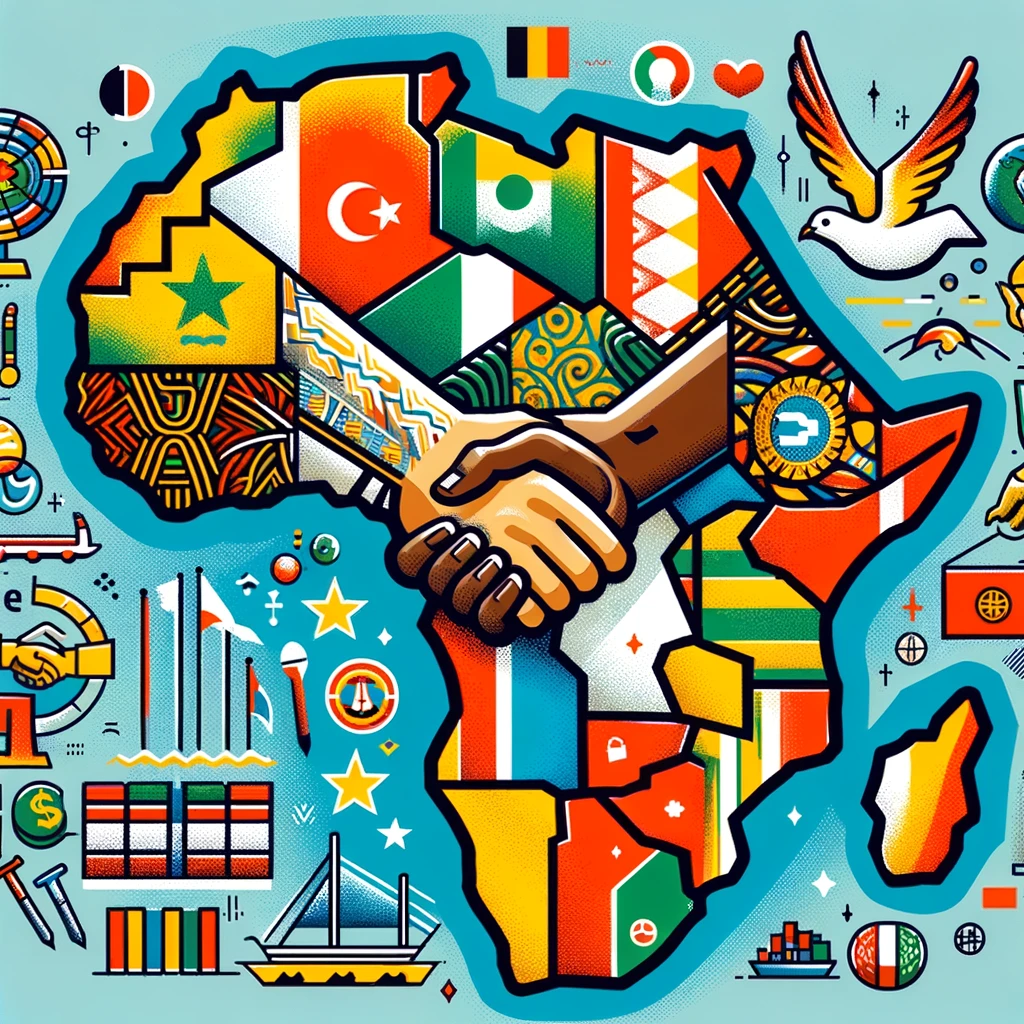ECOWAS’s Role in Shaping West Africa’s Destiny
Introduction to ECOWAS Vision
In 1975, fifteen West African nations came together to form the Economic Community of West African States (ECOWAS). Their goal was ambitious: to promote economic unity and secure peace across the region. Today, as we look at the landscape, it’s clear that ECOWAS’s role is multifaceted, marked by both achievements and hurdles.
ECOWAS: A Pillar of Support
Initially, ECOWAS emerged as a pillar of hope. It aimed to bridge the divide left by colonial rule and unite diverse cultures for mutual progress. Significantly, its efforts to facilitate trade, ensure free movement and mediate conflicts have demonstrated the strength of regional unity. For instance, ECOWAS’s peacekeeping missions in countries like Liberia and Sierra Leone have underscored its commitment to stability.
Challenges Along the Way
However, the journey has not been without its challenges. Political instability, particularly the coups in Mali and Burkina Faso, has laid bare ongoing governance challenges. Additionally, economic disparities and integration challenges have persisted, complicating ECOWAS’s mission. This situation has highlighted the delicate balance between national sovereignty and regional unity.
The Path Forward
Looking ahead, ECOWAS faces a critical need for a comprehensive strategy. Strengthening governance and championing democratic values are paramount for enduring stability. Economically, initiatives must focus on inclusivity and sustainability, ensuring that all member states benefit from integration.
Moreover, investing in digital infrastructure and education will empower the youth, driving innovation and strengthening the economy. As the global arena evolves, ECOWAS must assert its autonomy, engaging with partners worldwide while fiercely guarding African interests.
Envisioning a Prosperous Future
The future holds great potential for ECOWAS, filled with both opportunities and challenges. By championing unity, fostering innovation, and prioritizing autonomy, ECOWAS can carve a path toward a prosperous and peaceful West Africa. This vision is not just a dream but a feasible reality, where ECOWAS not only responds to global shifts but actively shapes them, ensuring that West Africa’s voice is heard and respected internationally.
Conclusion
Reflecting on ECOWAS’s role from its foundation to the present day, it embodies the aspirations and challenges of regional integration. The lessons learned and successes achieved pave the way for a stronger, united West Africa. Together, we stand on the brink of realizing the vision that ECOWAS represents: a West Africa characterized by peace, prosperity, and unity.


